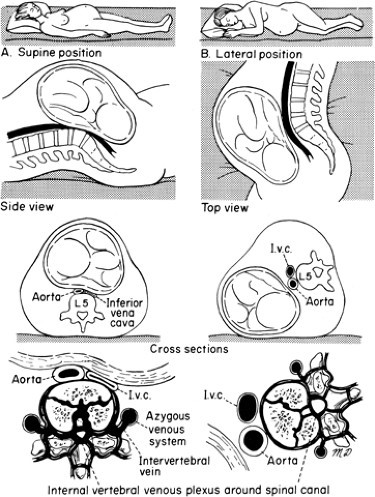A nurse is collecting data from a client who reports feeling stress. Which of the following should the nurse identify as an external stressor?
A recent move to a new city
Report feeling depressed
Lack of nutritional knowledge
Recurring urinary tract infections
The Correct Answer is A
Stressors can be categorized as external or internal. External stressors are factors or events in the environment that can cause stress.
In this case, the recent move to a new city is an external stressor because it is an event that has occurred outside of the client and is influencing their current state of stress. Moving to a new city can bring about significant changes and challenges, such as adjusting to a new environment, finding new social connections, and adapting to unfamiliar surroundings.
B. Feeling depressed is an internal stressor because it relates to the client's emotional state or mental health condition. Depression can be caused by various factors, such as biochemical imbalances, life circumstances, or genetic predispositions.
C. Lack of nutritional knowledge: This is an internal stressor because it refers to the client's lack of knowledge or awareness regarding nutrition. While the lack of nutritional knowledge can contribute to stress, it is an internal factor that can be addressed through education and learning.
D. While recurring urinary tract infections can be stressful for the client, they are considered an internal stressor because they involve a physical condition or health issue within the client's body. Addressing and managing the infections would involve medical interventions and possibly lifestyle modifications.
Nursing Test Bank
Naxlex Comprehensive Predictor Exams
Related Questions
Correct Answer is B
Explanation
The client's symptoms of feeling dizzy, having a racing heart, and becoming pale while lying on their back are consistent with supine hypotension syndrome, also known as vena cava syndrome. This occurs when the weight of the uterus compresses the inferior vena cava, reducing blood flow and causing symptoms.
To address this issue, the nurse should Position the client on their left side. Lying on the left side helps relieve the pressure on the inferior vena cava and improves blood flow. This can alleviate the symptoms and prevent further complications.

Instructing the client to take a brisk walk is not appropriate in this situation, as it may exacerbate the symptoms by increasing heart rate and potentially causing further dizziness or fainting.
Checking the client's temperature is not necessary in relation to these symptoms, as they are not indicative of a fever or infection.
Providing the client with a glass of orange juice may be helpful in some situations, such as if the client is experiencing hypoglycemia. However, in this case, the symptoms are likely due to supine hypotension syndrome, and repositioning the client is the priority intervention.
Correct Answer is C
Explanation
Neisseria gonorrhoeae is a sexually transmitted infection that is reportable to public health authorities due to its potential for spreading rapidly within a population and its significant public health implications. Reporting cases of Neisseria gonorrhoeae infection allows for appropriate monitoring, treatment, and control measures to be implemented to prevent further transmission and protect public health.
A. Sarcoptes scabies, which causes scabies, is a contagious skin infestation but is not typically a reportable condition to the state health department.
B. Human papillomavirus (HPV) is a common sexually transmitted infection, but it is not generally reportable unless it is associated with certain high-risk strains and leads to specific conditions such as cervical cancer.
D. Impetigo contagiosa, a bacterial skin infection, is not usually a reportable condition unless there is an outbreak or unusual circumstances warranting public health intervention.
Whether you are a student looking to ace your exams or a practicing nurse seeking to enhance your expertise , our nursing education contents will empower you with the confidence and competence to make a difference in the lives of patients and become a respected leader in the healthcare field.
Visit Naxlex, invest in your future and unlock endless possibilities with our unparalleled nursing education contents today
Report Wrong Answer on the Current Question
Do you disagree with the answer? If yes, what is your expected answer? Explain.
Kindly be descriptive with the issue you are facing.
